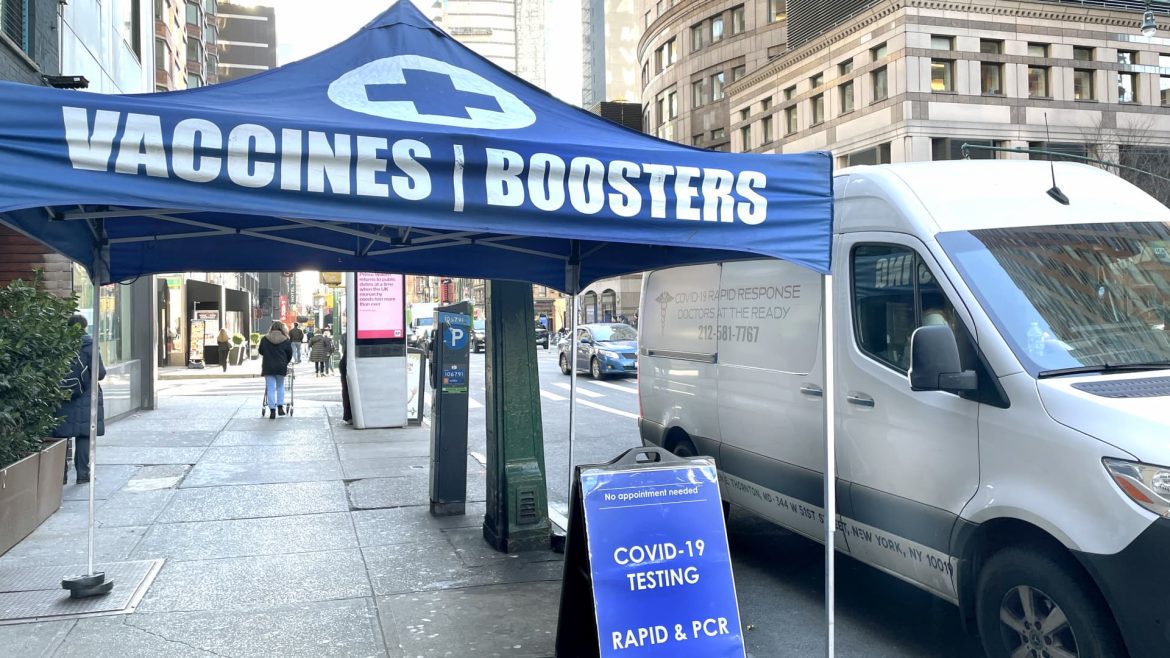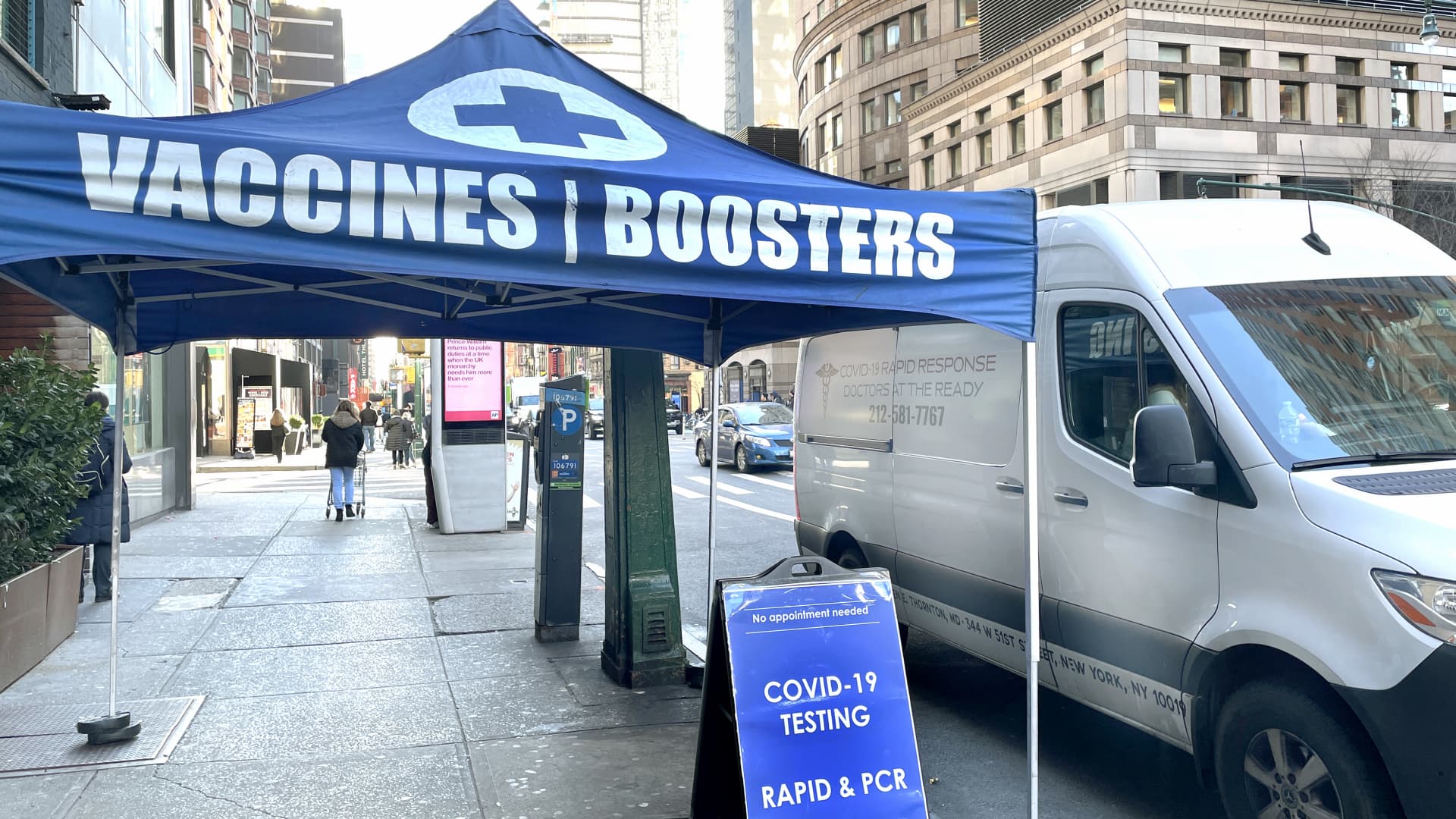Introduction
The Food and Drug Administration (FDA) has recently revised its regulatory framework for the approval and authorization of COVID-19 vaccine boosters, introducing significantly stricter standards for healthy individuals. These changes reflect a shift in public health strategy that aims to tailor vaccine recommendations to individual risk profiles, particularly differentiating between healthy persons and those at high risk for severe COVID-19 illness. This report examines the FDA’s new guidance on booster approvals, the implications for healthy Americans, the impact on vaccine accessibility, and the public health considerations driving these decisions.
Stricter Approval Standards for Healthy Individuals
Differential Criteria by Risk Group
The FDA’s updated guidance establishes tiered evidentiary requirements based on the risk status of vaccine recipients. The agency now expects more rigorous clinical trial data—randomized, controlled, double-blind studies—for boosting healthy people aged six months to 64 years. This requirement marks a departure from earlier emergency use authorization (EUA) policies, which allowed for more expedited vaccine rollouts based on real-world urgency rather than exhaustive trial data.
For individuals with underlying medical conditions or advanced age (65 years and over), the FDA maintains somewhat flexible approval pathways, recognizing their higher vulnerability to severe COVID-19 outcomes. Vaccines for these groups may continue to receive authorization with less extensive data, reflecting a risk-benefit assessment tailored to more vulnerable populations.
Impact on Booster Approval for Healthy Americans
The new criteria effectively raise the bar for vaccine developers aiming to secure approval of boosters for healthy populations. Manufacturers will need to conduct rigorous trials demonstrating clear safety and efficacy signals specific to these groups rather than relying on broader population data or immunogenicity studies. This approach is likely to delay the introduction of new boosters for healthy people, restricting access primarily to those at elevated risk.
Access Restrictions Highlighted by Novavax Approval
The FDA’s recent full approval of the Novavax COVID-19 vaccine, accompanied by stricter limitations, illustrates the real-world impact of these changes. Novavax’s vaccine is now authorized primarily for those aged 65 or older or individuals with serious health conditions, leaving many healthy Americans under 65 without access to this vaccine. Given that different vaccine platforms offer alternative safety or preference profiles, this restricted access has raised concerns about insufficient options for healthy adults, especially if future viral variants possess greater severity.
Rationale Behind the Policy Shift
Evidence of Diminishing Returns for Boosters in Healthy Individuals
Emerging immunological and epidemiological data suggest that protection against severe illness remains robust in most healthy people, even months after primary vaccination or earlier boosters. Experts, including immunologists, have noted that incremental benefits of additional boosters for healthy populations are modest, lowering the urgency for broad booster rollouts in these groups. This data supports the FDA’s position that rigorous proof of clinically meaningful improvements in health outcomes is necessary before recommending annual or frequent boosters for healthy individuals.
Focus on Targeted Protection for High-risk Groups
The FDA’s recalibration aligns with a strategy prioritizing vulnerable populations for booster vaccinations. Immunocompromised individuals, such as organ transplant recipients, continue to be eligible for additional doses because of their reduced vaccine responsiveness. This targeted approach helps optimize vaccine supply, reduce unnecessary vaccinations in low-risk groups, and emphasizes allocating medical resources efficiently.
Implications for Public Health and Future Vaccine Development
Need for New Clinical Trials
The requirement for randomized, controlled trials to approve boosters for healthy people represents a return to conventional vaccine development rigor. While this enhances confidence in vaccine safety and efficacy, it also lengthens timelines for booster availability, potentially impacting public preparedness against emerging variants.
Potential Challenges in Vaccine Uptake
Restricting boosters primarily to high-risk groups could influence public perception and demand. Some healthy individuals may interpret limited booster approval as an indication that vaccination is unnecessary for them, which might increase vaccine hesitancy or reduce uptake of primary doses.
Impact on Annual Booster Practices
Federal officials have signaled a departure from routinely approving annual COVID-19 shots for younger, healthy adults and children, determining that such frequent immunizations may not be warranted without strong evidence. This shift could normalize COVID-19 vaccination as a less frequent, risk-based intervention akin to seasonal influenza vaccines tailored for vulnerable groups.
Conclusion
The FDA’s new, more stringent standards for COVID-19 vaccine booster approvals embody an adaptive regulatory approach that weighs individual health risks more precisely. By demanding high-quality clinical evidence particularly for healthy populations, the FDA is emphasizing vaccine safety and meaningful clinical benefit. While this strategy narrows booster availability for healthy Americans in the near term, it focuses resources on protecting those at highest risk and aligns booster recommendations with evolving scientific understanding.
Ultimately, this framework may foster greater public trust through rigorous evaluation and prevent widespread over-vaccination, but it also necessitates vigilant monitoring of emerging variants and ongoing research to ensure timely booster development for all demographic groups as needed.





